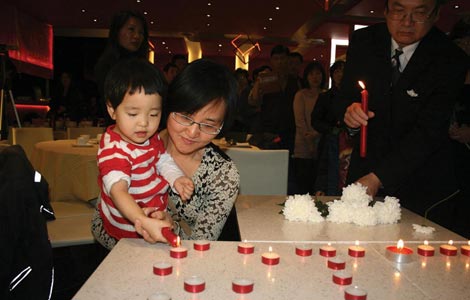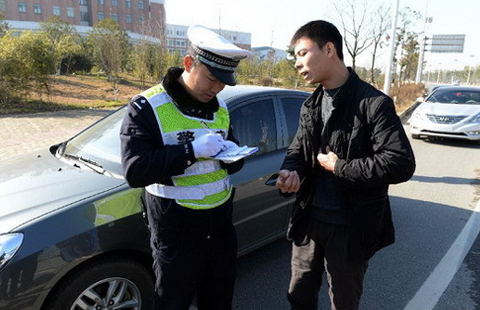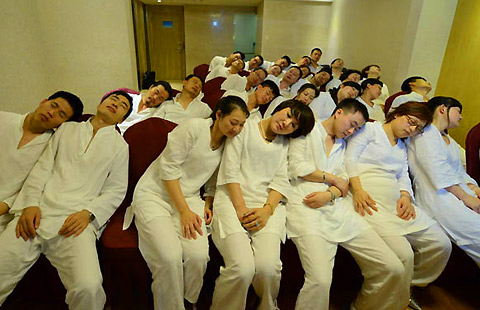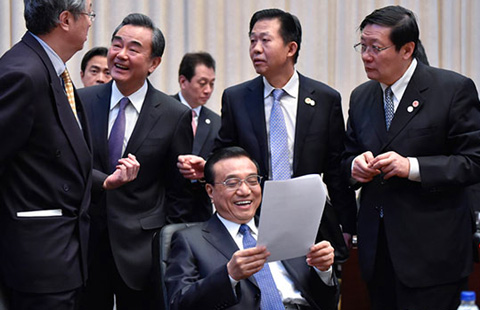Lima sets the table for Paris talks
Updated: 2014-12-19 01:13
By Lan Lan in Lima, Peru(China Daily Latin America)
|
||||||||
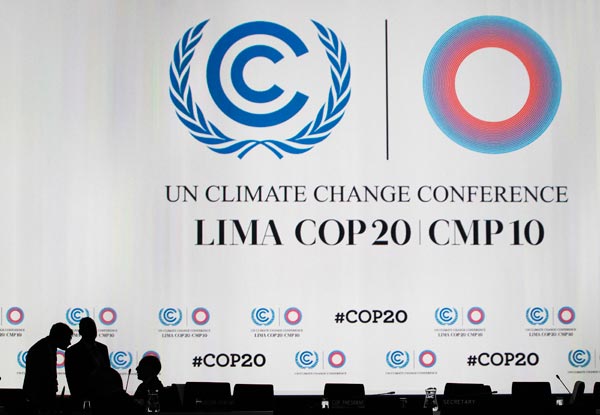 |
|
Agencies Delegates talk during a break at a plenary session of the U.N. Climate Change Conference COP 20 in Lima December 12. About 190 nations were at a crossroads about how boldly to combat global warming on the final day of United Nations talks in Lima on Friday amid fears that low ambition could undermine a UN climate summit in Paris next year. Photo / Agencies |
The marathon Lima climate summit finally ended in the wee hours of Sunday morning, more than 32 hours after the scheduled finish deadline.
More than 190 countries reached consensus on a document named "Lima Call for Action", which sets a basis for a negotiating text at the Paris summit next year.
Xie Zhenhua, head of the Chinese delegation, said the outcome has met the Chinese delegation's expectations.
"We're not very satisfied with the outcome, but we think it's a balanced and good document," Xie said after the meeting ended on Sunday.
He said the Lima summit has taken a critical step toward next year's Paris agreement, and he said he believes next years' negotiations will be more challenging, and he called on parties to show greater flexibility.
The 13-day Lima summit was held in large tents erected in the "Little Pentagon" in the city's outskirts.
The hot and humid tents gave the negotiators a direct experience of the greenhouse effect — inside, they had to remove their jackets — but negotiations on cutting greenhouse gas emissions and to regulate global warming remained tough, especially over the past two days.
Developing countries were frustrated to see low commitments from developed countries and found many of their core concerns — such as the principle of common but differentiated responsibilities, balance of mitigation and adaptation, loss and damage — not being reflected in a five-page draft text that proposed by the co-chairs early Saturday morning.
The final version of the document had been redrafted on the basis of consultation, thanks to the leadership of the president of the conference, Xie said.
Observers said the president met with countries and groups individually and redrafted the text based on these meetings.
A major concern of the developing countries, the "common but differentiated responsibilities", or CBDR, had been missing and were added in the final text.
Su Wei, China's chief climate negotiator said the Lima call for climate action lays a solid foundation for meetings next year.
He also said the CBDR is an important principle of the convention and all the platforms worked out at the Durban, South Africa, conference in 2011 enhance the implementation of the agreement.
"No one has a right to redraft or renegotiate the convention," Su said.
The Lima meeting began in a positive atmosphere as the recent joint announcement by China and the United State on cutting carbon dioxide emissions had given the negotiations a positive momentum.
Climate experts say the China-US announcement set a model for solving the sticking points between developed and developing countries.
The Lima document underscores its commitment to reaching an ambitious agreement in 2015 that reflects the principle of common but differentiated responsibilities and respective capabilities, in light of different national circumstances.
Jennifer Morgan, global director of the climate program at the World Resources Institute, said the Lima deal has addressed differentiation in the same language as the China-US deal.
The important thing in Lima is to get a negotiating text for Paris meeting, Morgan said. "It's pretty balanced actually."
lanlan@chinadaily.com.cn
Most Viewed
Editor's Picks
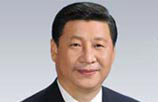
|

|

|
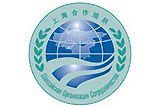
|

|

|
Today's Top News
Venezuela could seek China's help as oil drops
China, Chile seek enhanced trade, investment
'Made in China' helps Brazilian consumers
LatAm-China ties key to turnaround
New dynamic as US, Cuba restore relations
Oil's fall 'huge gift' for China: expert
China, US to act on food issues
VP assures on US economic ties
US Weekly

|

|
